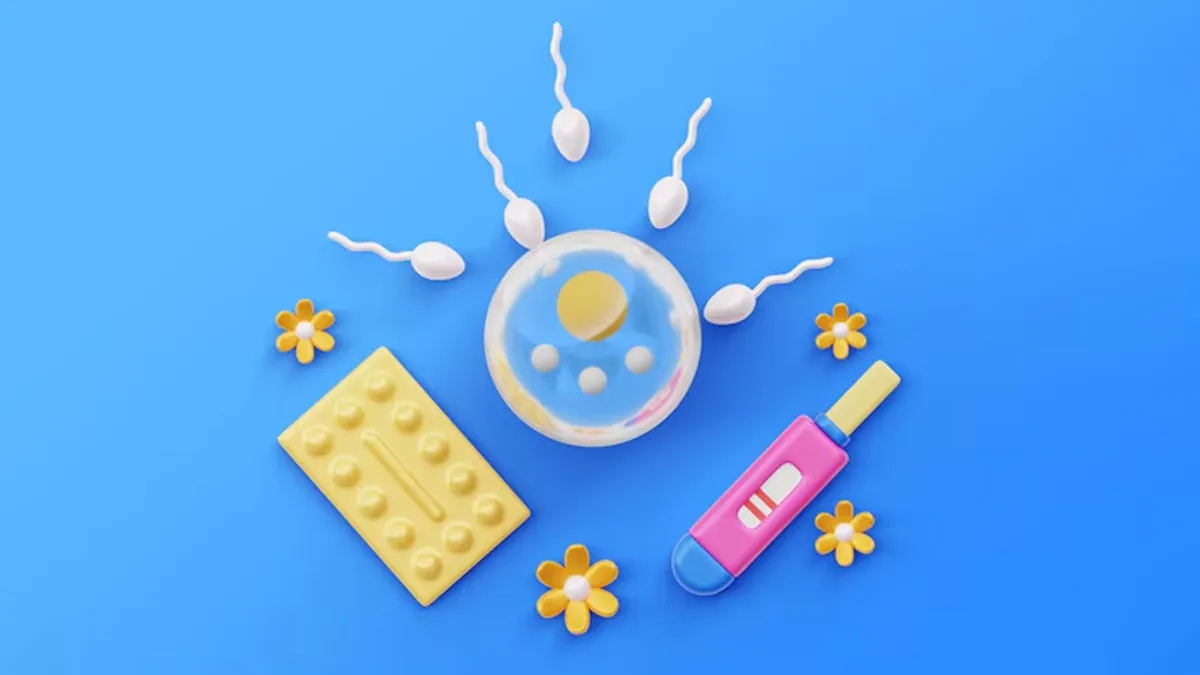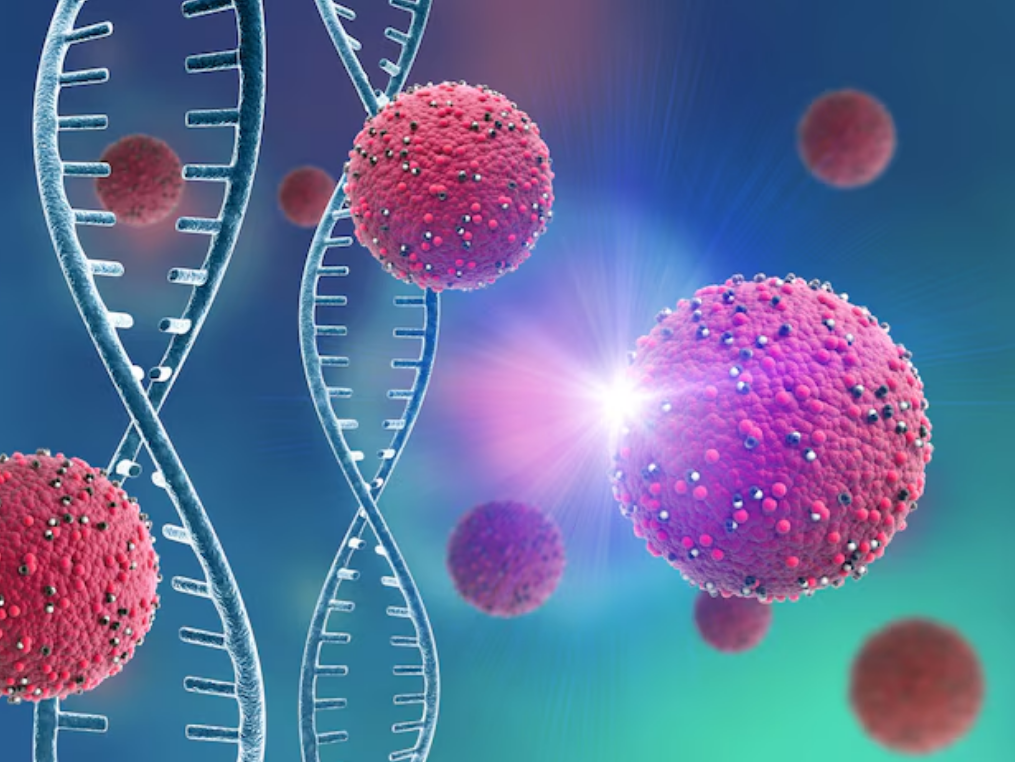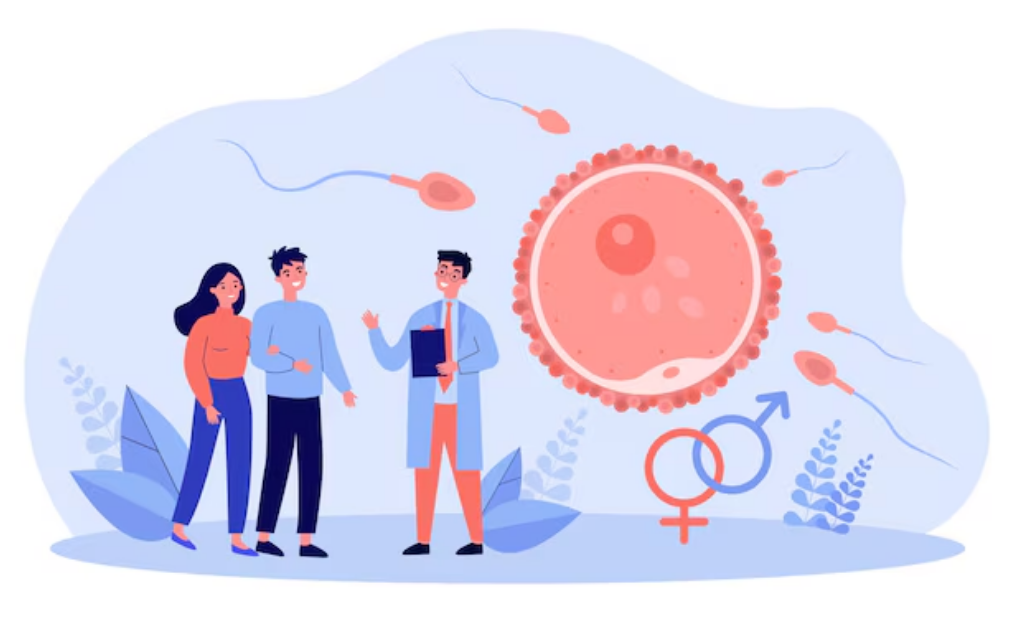
Cancer treatments are critical in saving lives, but they often come with the difficult side effect of potentially affecting fertility, especially in younger patients. Dr Sajjan Rajpurohit, Senior Director of Medical Oncology, BLK-Max Super Speciality Hospital, Delhi, sheds light on how these treatments may impact reproductive health and what can be done to preserve fertility during and after treatment.
Cancer treatments like chemotherapy, radiation, and surgery are designed to fight cancer but can sometimes have an unintended impact on fertility. The degree of fertility issues depends on factors such as the type of cancer, the chosen treatment plan, as well as the patient’s age and gender.

Chemotherapy drugs are among the most common cancer treatments that can affect fertility. In women, these drugs can damage eggs, while in men, they can reduce sperm production. The effects may be temporary or permanent, depending on the chemotherapy's intensity and duration. As Dr Rajpurohit explains, the potential for fertility issues should be considered before treatment begins.
Radiation treatment, especially when directed at the pelvic area, can harm the ovaries or testes, leading to infertility. For women, radiation may also damage the uterus, making it difficult or impossible to carry a pregnancy. As Dr Rajpurohit points out, understanding the risks of radiation therapy on fertility is vital for young cancer patients.
Surgical procedures that involve the removal of reproductive organs, such as ovaries or testes, result in permanent infertility. Additionally, some surgeries can indirectly impact fertility by disrupting hormonal balance, making it essential for patients to be informed about the potential consequences of surgery on reproductive health.
For younger cancer patients, the added challenge of preserving fertility while undergoing cancer treatment can be overwhelming. These individuals not only face the emotional and physical stress of cancer treatment but also the anxiety about their future ability to have children. Limited awareness and the urgency of starting cancer treatments can make it difficult to explore fertility preservation options. Dr Rajpurohit emphasises the importance of early discussion with healthcare providers about these concerns.

Dr Rajpurohit advises that younger patients and their families should be well-informed about fertility preservation options before beginning treatment. There are several methods available:
Don't Miss: Prefer Natural Delivery Over C-Sec? 7 Steps To Prepare For The Same, As Suggested By Gynaecologist
After completing cancer treatment, patients must consult fertility specialists to assess their reproductive health. Assisted reproductive technologies, such as IVF (in vitro fertilisation) or the use of donor gametes, may provide alternatives for those experiencing infertility as a result of treatment.
Dr Rajpurohit encourages a multidisciplinary approach to cancer care, involving oncologists, fertility experts, and mental health professionals. He believes it is essential for young cancer patients to discuss fertility preservation options early on to ensure that they have the opportunity to protect their reproductive potential. Thanks to advancements in medical science, many effective options are now available to safeguard fertility during cancer treatments.

While cancer treatments like chemotherapy, radiation, and surgery can significantly impact fertility, timely action and informed decision-making can help preserve reproductive health. Dr Sajjan Rajpurohit stresses the importance of proactive communication with healthcare providers and exploring fertility preservation options before starting cancer treatment. With expert advice and support, young patients and their families can navigate these challenges with confidence.
Don't Miss: STI Prevention For Couples: 5 Expert Tips For Practicing Safe Sex
Keep reading Herzindagi for more such stories.
Image Courtesy: Freepik
Also watch this video
Herzindagi video
Our aim is to provide accurate, safe and expert verified information through our articles and social media handles. The remedies, advice and tips mentioned here are for general information only. Please consult your expert before trying any kind of health, beauty, life hacks or astrology related tips. For any feedback or complaint, contact us at compliant_gro@jagrannewmedia.com.